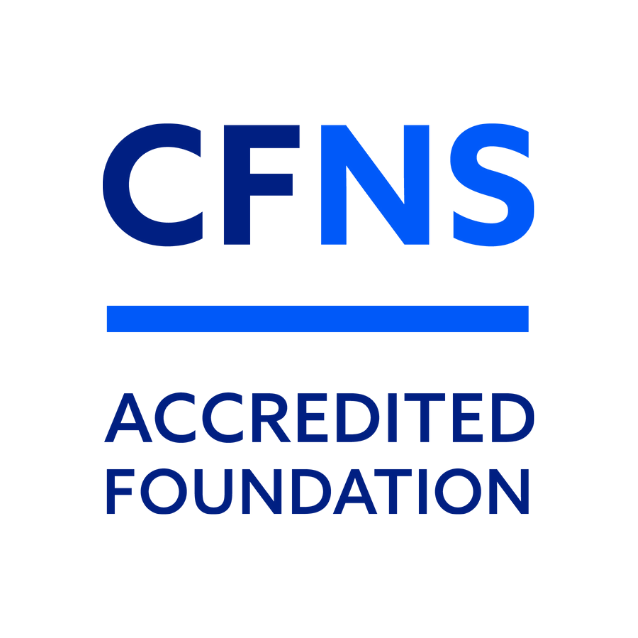Mental health screening may have saved teens’ lives
Mental health wellness screening conducted by a partnership of five school districts under the leadership of the Samaritan Counseling Center of the Fox Valley likely accomplished nothing less than saving the lives of teenagers.
“We are incredibly grateful to the community members who, through their support of the Community Foundation for the Fox Valley Region, have given thousands of teens access to emotional wellness checkups and hundreds of teens a connection to mental health care that just might have saved lives,” the grant final report states.
 A $125,000 grant over the past three years from the Basic Needs Giving Partnership for expansion of the Connected Community Wellness Screen (formerly TeenScreen) project helped pay for mental health screening offered to 4,880 ninth-graders from the Appleton, Little Chute, Kaukauna and Seymour school systems plus Xavier High School. The Basic Needs Giving Partnership is funded by the U.S. Venture Fund for Basic Needs within the Community Foundation from the annual U.S. Venture Open golf outing, with additional money from the J. J. Keller Foundation and other community partners.
A $125,000 grant over the past three years from the Basic Needs Giving Partnership for expansion of the Connected Community Wellness Screen (formerly TeenScreen) project helped pay for mental health screening offered to 4,880 ninth-graders from the Appleton, Little Chute, Kaukauna and Seymour school systems plus Xavier High School. The Basic Needs Giving Partnership is funded by the U.S. Venture Fund for Basic Needs within the Community Foundation from the annual U.S. Venture Open golf outing, with additional money from the J. J. Keller Foundation and other community partners.
“They helped me help my daughter find herself when I could not,” one parent said. Others called for the screening offer to be repeated, or even be made mandatory for high school students.
The screening identified 442 students as being at risk of suicide and referred them to one of more than 20 mental health providers working with the partners, who also included CHAPS Academy, Catalpa Health and Lawrence University. The program has now expanded nine school districts in Outagamie and Winnebago counties.
The 2016 Fox Cities Leading Indicators of Excellence (LIFE) Study reported that Fox Cities teens say they have attempted suicide at twice the statewide average (12% vs. 6%). Consequently, youth safety was identified as a community priority for action.
In addition to those screened as suicide risks, 358 students were identified as having other mental health concerns. Their parents were informed of their options for treatment.
Further study found that ninth-grader classes who were surveyed anonymously again as 12th-graders reported lower rates of suicidal thoughts and suicide attempts.
“Poor mental health contributes to poverty in several ways,” Lynn Peters, the Community Engagement Manager staffing the Basic Needs Giving Partnership. “This program helps connect people to appropriate services while they’re still young.”



Leave a Comment